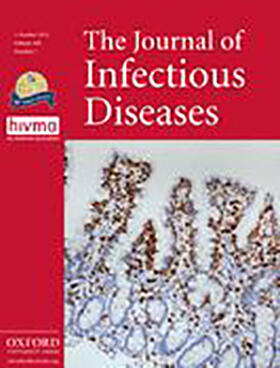
A new study published in the Journal of Infectious Diseases (18th September 2013), found that recurrent episodes of malaria caused chronic inflammation in blood vessels that might predispose to future infections and increase susceptibility to cardiovascular disease.
Researchers from the Malawi-Liverpool-Wellcome Clinical Research Programme, (MLW), observed 190 children with uncomplicated, mild or cerebral malaria compared with healthy children of the same age.
Infection with the most deadly malaria parasite, Plasmodium falciparum, causes inflammation in blood vessel walls, making them more sticky so that the infected red blood cells cling to the sides. Being able to stick to the blood vessels in vital organs allows the parasite to hide from the immune system, a process called sequestration. When it occurs in the brain it causes a more severe form of the disease called cerebral malaria, associated with seizures, coma and sometimes death.
It was thought that the changes in the blood vessel walls would resolve quickly once the cells had been cleared; however, the study found that the changes were most pronounced in children with cerebral malaria, with levels of one inflammatory molecule remaining 22 times higher than in healthy controls one month after the initial infection.
Dr Chris Moxon, first author of the study, explains: “These findings suggest that children who live in areas of high malaria transmission have persistently inflamed blood vessels, and that could have significant effects on their long term health. It could leave them more susceptible to repeated and more severe infections with malaria, but also with other bacteria and viruses. And chronic changes to the blood vessels like these could an important contributing factor to cardiovascular disease later in life.”
Professor Rob Heyderman, lead author and Director of MLW, added: “If follow-up studies in other populations confirm these findings, we should consider whether existing anti-inflammatory drugs such as statins may be able to limit these effects. Short courses of statins could be targeted to children with severe and recurrent disease to try and limit the severity of future infections but this would need to be evaluated in well-conducted clinical trials.”
Author Chris Moxon is one of the first Wellcome Trust Clinical Phd fellows working with the Liverpool based Wellcome Trust Tropical Centre, a collaborative centre between LSTM and the University of Liverpool, and funded by the Wellcome Trust.
Reference C.A. Moxon et al. Persistent endothelial activation and inflammation after Plasmodium falciparum infection in Malawian children. Journal of Infectious Diseases, 2013. [epub ahead of print]